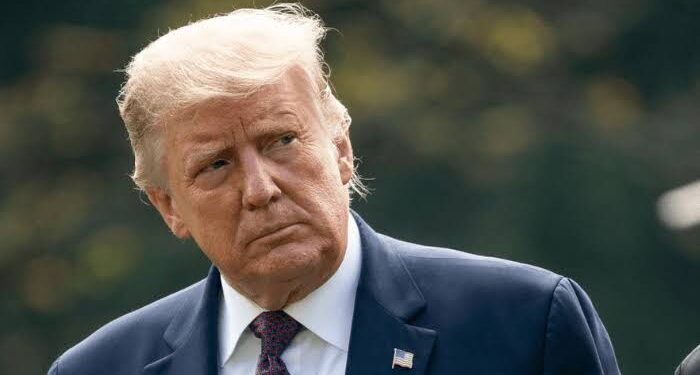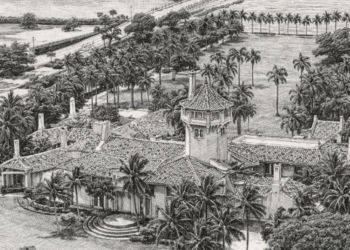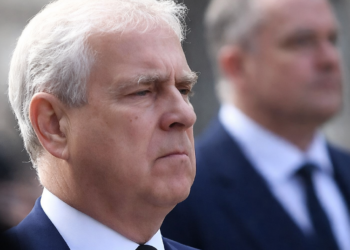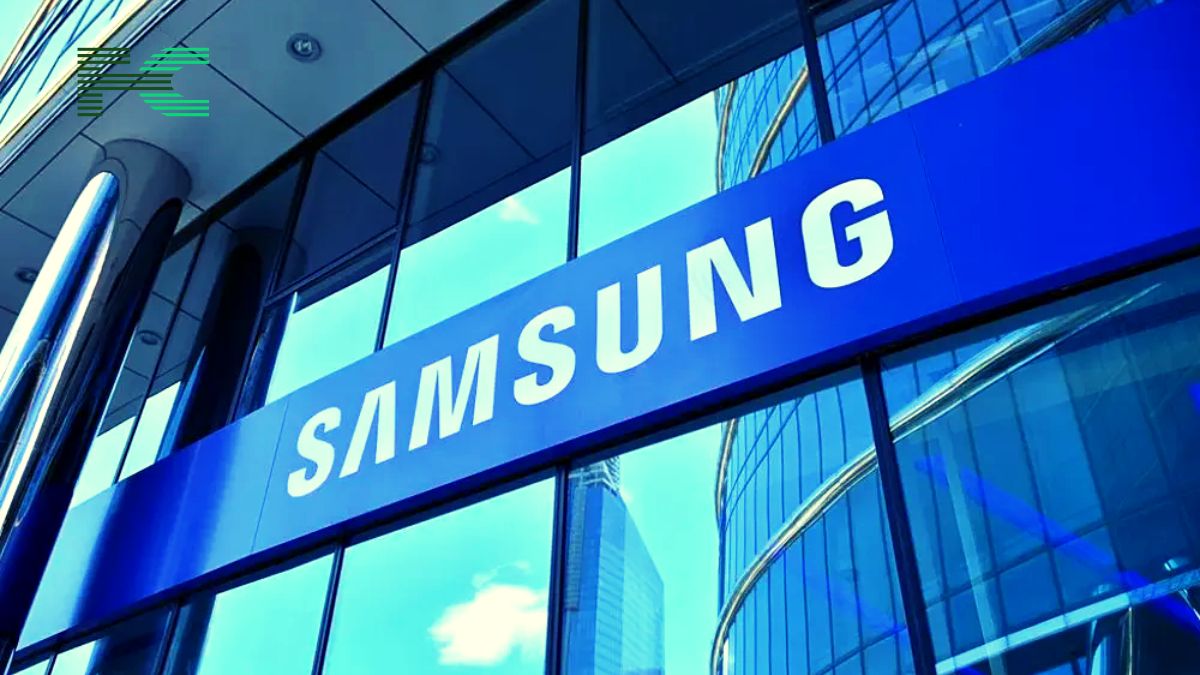The Group of 20 (G20) leaders convened in Rio de Janeiro this week against a backdrop of significant geopolitical shifts, marked by U.S. president-elect Donald Trump’s impending return to power. Hosted at Rio’s Modern Art Museum, the summit is set to address pressing global issues, including trade, climate change, and international security. However, Trump’s anticipated policies are poised to redefine the global order, casting uncertainty over the summit’s outcomes.
Key Players and Geopolitical Tensions
President Luiz Inacio Lula da Silva welcomed the world leaders, including U.S. President Joe Biden, attending as a lame duck with only two months left in office, and China’s President Xi Jinping, who remains a pivotal figure amid escalating global conflicts. The summit’s unity faces strain from the wars in Ukraine and Gaza, with recent Russian airstrikes complicating efforts to draft a joint statement on peace.
Efforts to sustain a fragile consensus on the Ukraine war have been further challenged by the United States lifting restrictions on Ukraine’s use of U.S.-made weapons for strikes deep into Russia. Meanwhile, Xi’s Belt & Road initiative and Biden’s climate commitments underscore competing global visions.
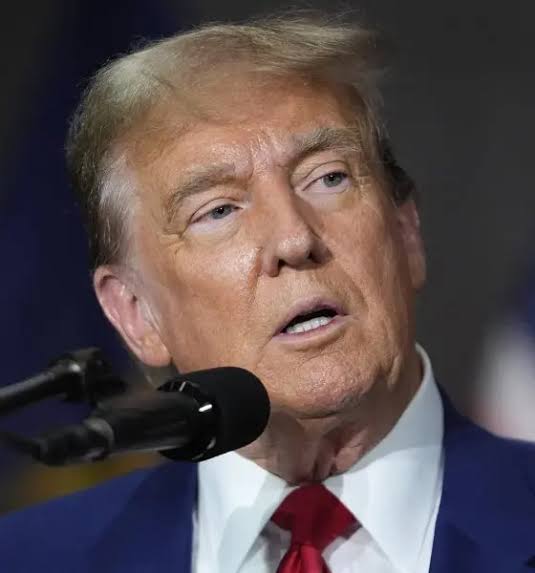
Brazil’s Ambitious Agenda
Brazil has centered its G20 agenda on sustainable development, taxing the super-rich, and addressing poverty and hunger. However, officials acknowledge that these priorities may lose traction with Trump’s return to the White House and his focus on tariffs and tax cuts.
Brazilian President Lula’s push for global governance reform, including changes to multilateral financial institutions, is also expected to face resistance. Still, Biden has pledged renewed U.S. support for international development and clean energy initiatives, offering potential collaboration opportunities with Brazil.
Security Concerns in Rio
Security in Rio has been heightened, with military reinforcements deployed to ensure safety during the summit. A Brazilian army patrol came under gunfire near the Cidade de Deus community just hours before the event, highlighting the challenges of hosting a high-profile global gathering.
Economic Frictions and Trade Disputes
Trade discussions at the summit are fueled by concerns over a potential escalation in the U.S.-China trade war. Trump’s proposed tariffs and tax policies could overshadow Brazil’s efforts to introduce global taxation reforms for the super-rich, an issue already facing resistance from Argentina’s libertarian president, Javier Milei.
Why It Matters
This G20 summit comes at a critical juncture. The impending leadership transition in the U.S. signals a shift in global priorities, potentially undermining collective efforts on climate change, poverty alleviation, and global governance reform. For Brazil, the summit represents an opportunity to assert itself on the global stage, though challenges loom large.
Bottom Line
The Rio G20 summit underscores the complexities of navigating a fractured global order. While Brazil’s ambitious agenda and calls for unity are commendable, the return of Trump’s America-first policies could upend progress on critical issues. As the summit concludes, the world watches to see if collaboration or conflict will define the next chapter of global leadership.

